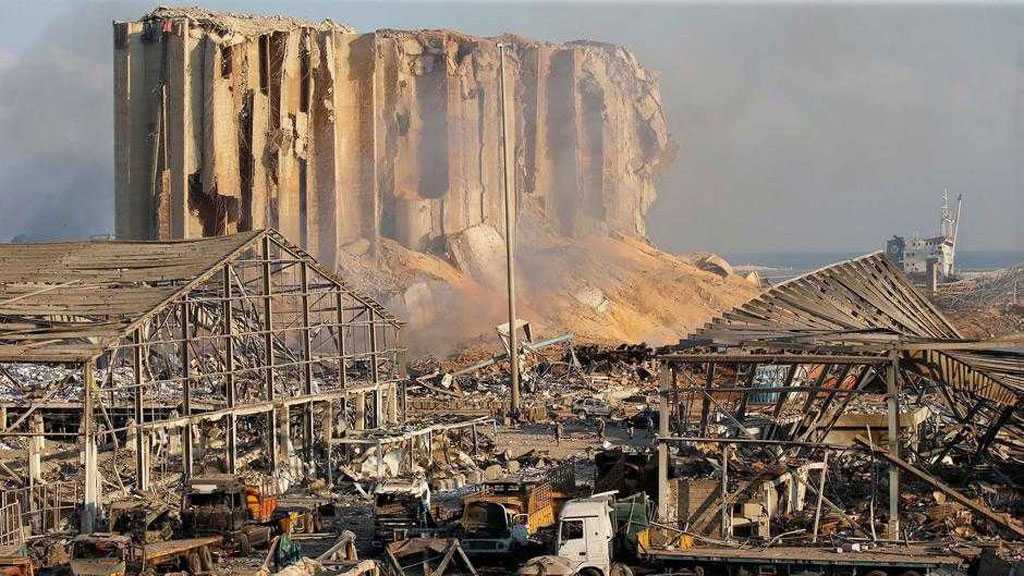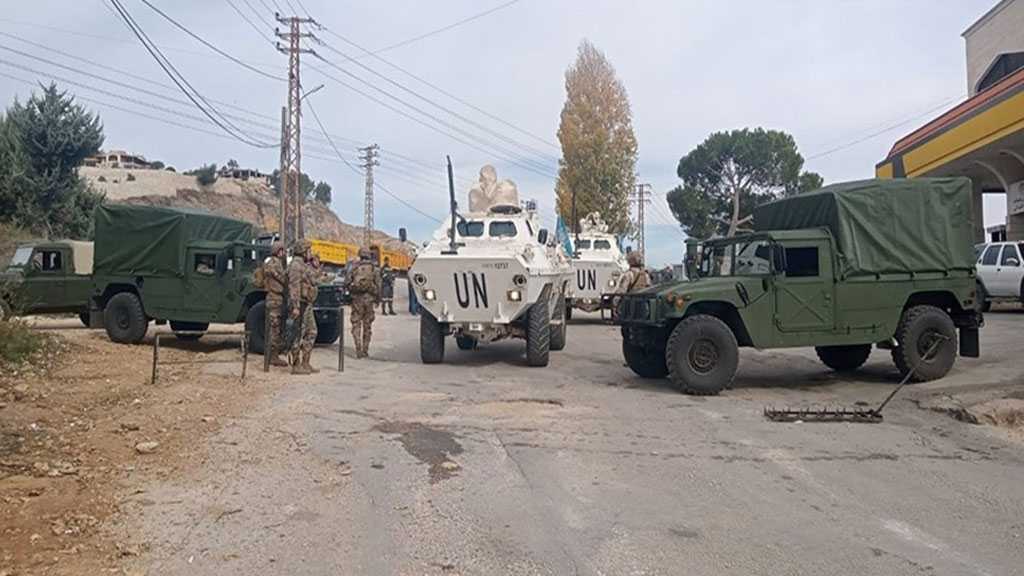
Over Half of Lebanon’s Population Risk Facing Food Crisis Following Beirut Blast - UN

By Staff, Agencies
The United Nations warned that more than half of Lebanon’s population risk facing a food crisis in the wake of a cataclysmic explosion that ripped through the Port of Beirut earlier in August.
In a statement on Sunday, the UN Economic and Social Commission for Western Asia [ESCWA] sounded the alarm, saying these Lebanese would be “at risk of failing to access their basic food needs by the year's end.”
“Immediate measures should be taken to prevent a food crisis,” ESCWA executive secretary Rola Dashti further said, stressing that the Lebanese government must prioritize the rebuilding of silos at the port, Lebanon’s largest grain storage.
On August 4, a colossal explosion, the biggest ever to hit the Middle East, killed at least 188 people. Some 6,000 were injured.
At least 300,000 people have been displaced as a result of the huge blast, which leveled the whole port of Beirut and a large section of central capital and turned successive apartment blocks into masses of debris and twisted metal.
A large supply of confiscated explosive material that had been stored in a warehouse at the city’s port for the past six years is suspected to have caused the massive explosion, whose mushroom-shaped cloud has drawn comparisons with the US atomic bombings of Hiroshima and Nagasaki 75 years ago.
Lebanon, which was mired in an economic collapse even before the colossal blast, defaulted on its debt, while the local currency has dropped in value on the black market and poverty rates have increased, as the country witnesses a spike in the number of COVID-19 patients.
“The yearly average inflation rate is expected to be more than 50 percent in 2020, compared with 2.9 percent in 2019,” Dashti added in the ESCWA statement.
Lebanon relies on imports for 85 percent of its food needs and the annihilation of the silos at the Beirut port could worsen an already alarming situation, aid agencies and experts have said.
ESCWA also warned that increased transaction costs of food imports could result in a further rise in prices, suggesting that the Lebanese authorities, in an attempt to prevent a crisis, must set a ceiling for food prices and urge direct sales from local producers to consumers.
Dashti also called on the international community to “expand food security programs targeting refugees and host communities” in a bid to help settle “potential social tensions.”
Comments
- Related News



